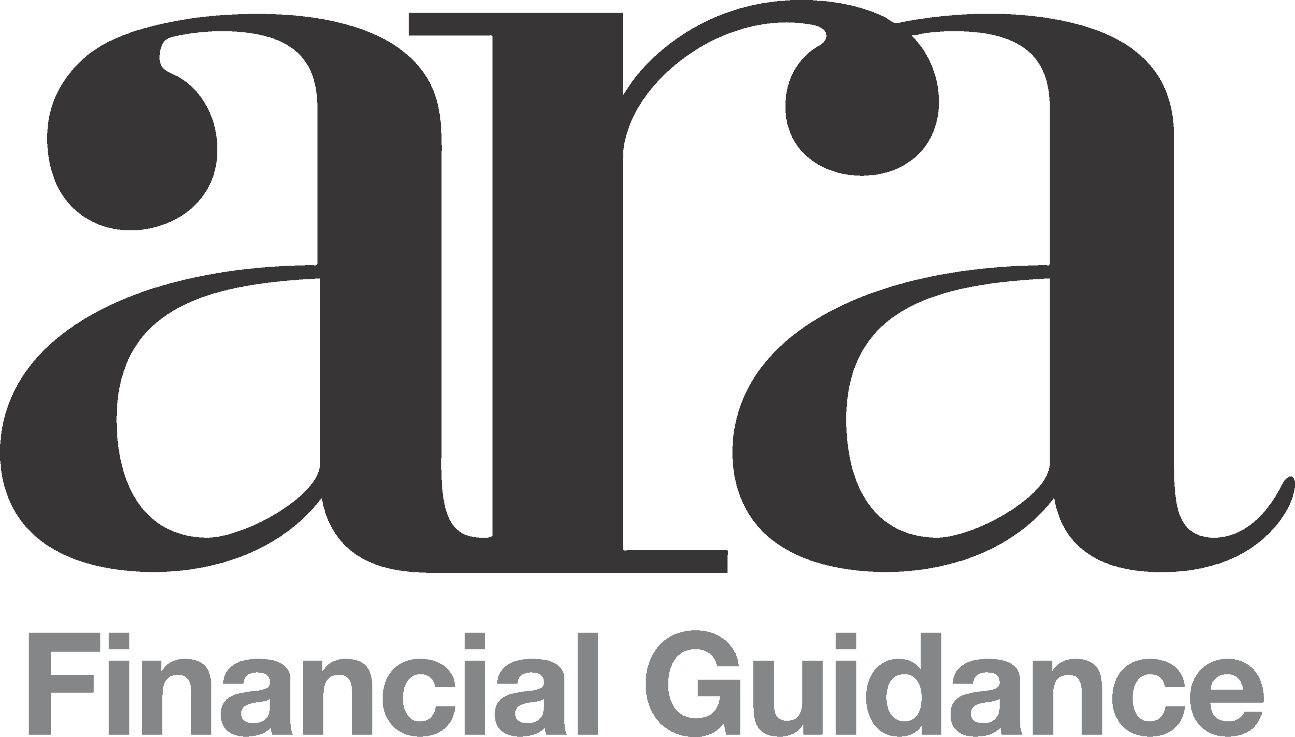Many of our clients have share portfolios – if you don’t, this message might not be of much interest unless Lockdown is really getting to you. If you do, you might receive an offer from one or other of your investee companies to buy back some of your shares. Blue chip favourites like Commonwealth Bank and Woolworths currently have offers open and others are likely to follow.
Sometimes companies find themselves with more capital than they need to fund their operations and growth aspirations. In the early days of the pandemic for example, banks were required by the regulator (APRA) to retain additional funds from their profits as a safety measure. As that need seems to have passed, banks are now flush with cash, and these buybacks are one means of returning surplus capital to investors.
Typically the price offered might be between 10% to 14% less than the prevailing market price, depending on demand. How can that make sense, and why would you consider it?
Fact is, these buy backs tend to be very popular – large institutional investors like super funds and pension funds love them, so that might be a clue. The answer lies in the somewhat quirky tax treatment of these buybacks.
Let’s say you acquired your shares many years ago for $20 and their market price is now $100. Ordinarily if you sold your shares on the market, you would have a capital gain of $80 and be taxed on half of that – i.e. a taxable gain of $40 per share sold. That might hurt.
With these buybacks, using a sort of averaging provision the company is legitimately able to calculate a different, usually much lower, capital value to be applied for capital gains purposes. Let’s say you accepted the buyback at a 10% discount, i.e. you received $90 per share. In our example it may be that the capital value of the sale price is not $90 for tax purposes, it might be only $30. So your taxable gain is not $40 per share (half of $80), it is $5 per share (half of $10). Much more palatable.
The balance of the buyback price (i.e. the difference between $90 and $30), is a franked dividend. i.e. it is treated as dividend income and must be declared for tax purposes, but is accompanied by a potentially very tidy franking (i.e. tax) credit.
The bottom line is, even though you had to accept a discount to the current market price for your shares, you may end up with a total consideration that is higher than the going market price and with more favourable tax treatment.
Whether for you it’s a good deal or not depends on the detail of the specific offer, and your own particular circumstances – your taxable income, in what sort of entity you own the shares, whether you have tax losses elsewhere that can be offset, among other things.
And then of course there’s the matter of whether you actually want to offload some shares. If you’re happy enough holding them and collecting a dividend each year, a potential once-off kicker might not be worth the trouble, and just lands you with some cash for which you have to find another good home. But if you happen to need some cash, or owning shares drives you nuts and you’re looking for a way to sell down some of your portfolio, the buyback might be well worth considering.
If you’ve received a buyback offer and want some help to consider your options, we’re just a phone call away.
Best regards from all at ARA.





